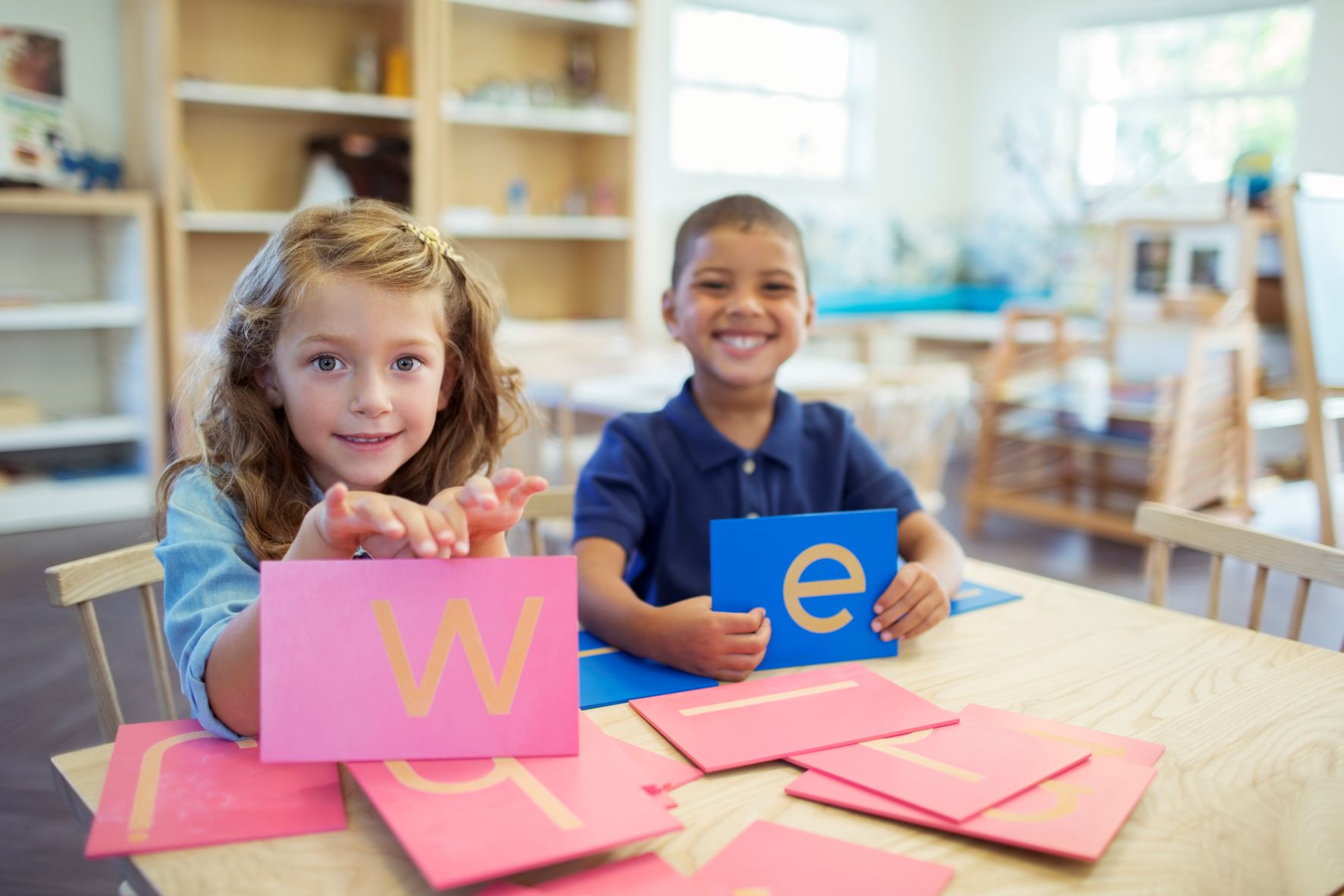- Behavior
- Education
How to help your child adjust to kindergarten

In this article, you'll find answers to question such as:
1. What behavior can I expect from my new kindergarten student?
These encouraging statements help children feel accomplished and help improve their self-esteem.
“Parents should let their child know that they are always there to listen to them and support them in every step,” Paul says.
- Nida Paul, Supervisor of Education and Prevention Services, Center for Child Counseling
- Maria E. Lloyd, Principal, Limestone Creek Elementary
You May Also Like
-
- Behavior
- Education
- Parenting
How do I ensure my child is ready for kindergarten?
Turning 5 isn’t the only indicator your child is ready for school. Children grow and develop in different ways and on their own timelines. If you're wondering whether your child is …
Read More -
- Behavior
- Education
- Health
Ages 3-5: Running, jumping, balancing and speaking clearly
One in four U.S. children up to age 5 are at risk for developmental, behavioral or social delay. Read on for insight about key milestones from our experts and how to reach out if y …
Read More
Related resources
-
- Behavior
- Education
- Health
School District of Palm Beach County
School Counseling — fosters academic achievement, college and career readiness, and social/emotional development
561-434-8233 Website -
- Behavior
- Health
- Parenting
Center for Child Counseling
Mental health services in Palm Beach Gardens for families, specializing in play therapy for children who've experienced trauma
1-800-480-1899 Website Email -
- Education
- Parenting
- Things to do
BRIDGES of Palm Beach County
Ten neighborhood hubs help parents raise children healthy, safe and strong
561-740-7017 Website
